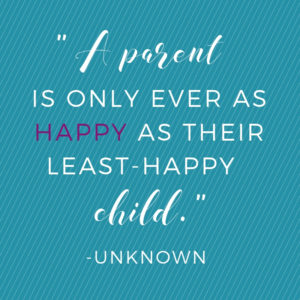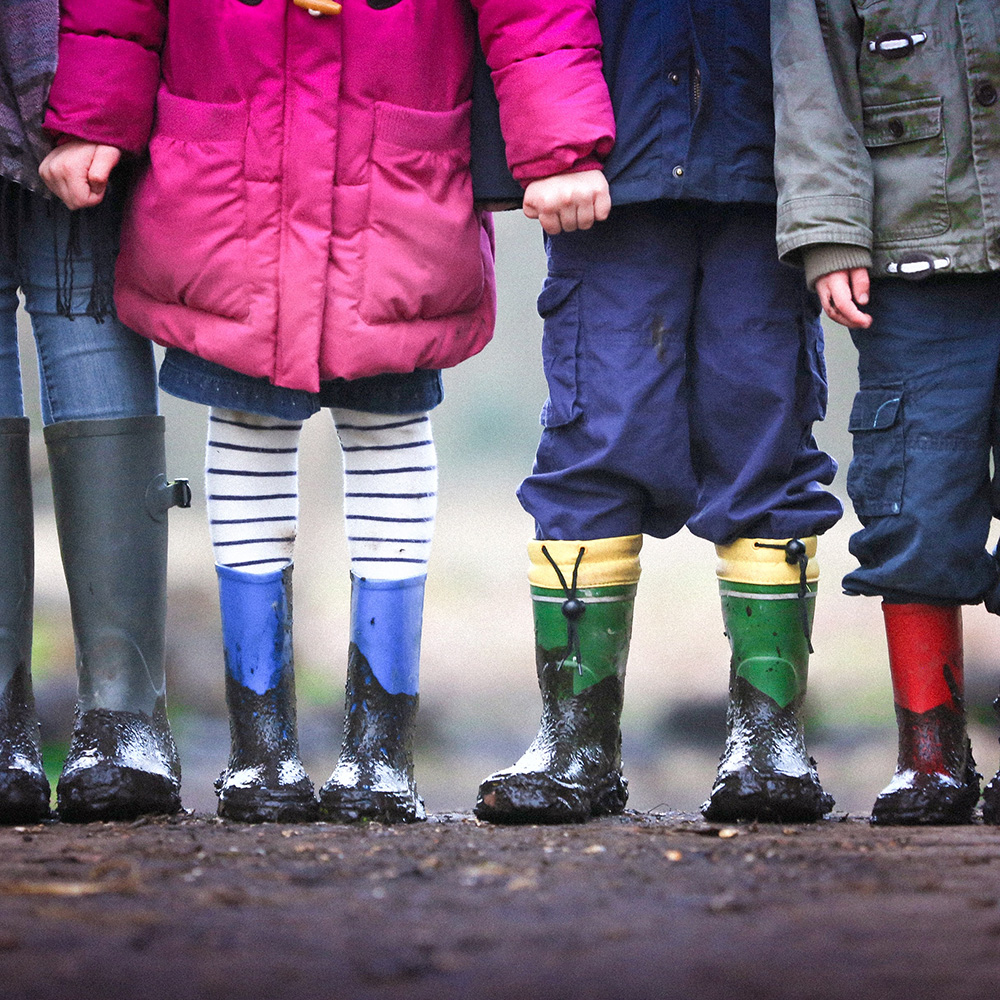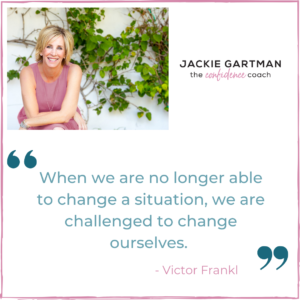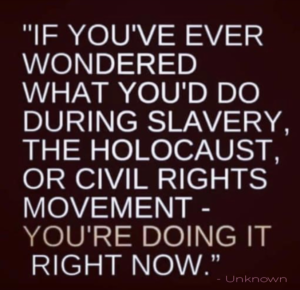
This quote is crappy grammar, and it’s crappy thinking. But here it is, a meme no less, and one far too many of us have swallowed hook, line, and sinker. What right do we have to be happy, this cultural imperative demands, when our child is devastated over getting dumped or failing a test?
I think most of us have been this mom at some point. I know I have. There’s a powerful phenomenon at work here called Emotional Contagion – in other words, the way we humans, in misguided empathy, allow ourselves to “catch” the feelings of others. When we’re around happy people, we tend to feel happier. When we’re around people who complain, we tend to follow suit.
Now, empathy is a wonderful thing – but it doesn’t mean having zero boundaries, no delineation between our children’s feelings and our own. When our kids are challenged, they need us to model something better, not jump down into the pity party and wallow around with them.
Once, after oversleeping, my son showed up 20 minutes late for one of this college finals, and the prof refused to let him take the exam. No fair! he howled. I couldn’t suppress an eye roll, but at the same time, I was upset too. I told myself I was angry at his irresponsibility. He should have gotten enough sleep the night before! How could he ignore his alarm?!
It doesn’t really matter whether or not I had valid points. The bigger truth is that it was just plain hard for me to witness and be with his unhappiness without engaging in it and mirroring it. I was suffering from Emotional Contagion, and it wasn’t even a little help to me or my son.
Hard truth: he didn’t need my help, and he certainly didn’t benefit from my blurred emotional boundaries.
He needed to have the exact experience he was having, complete with consequences. None of us learn from smooth sailing; we grow when we’re challenged, when things don’t go our way. Who’s to say that your child failing geometry, getting caught for stealing or being dumped isn’t just what they need to grow and evolve?
When we over-empathize with our kids, we deny them the space to feel their feelings and learn from their experiences. We are actually getting in the way of the future they deserve: the one in which they triumph over challenge and become the shiny humans they are meant to be.
Here are four simple ways to help yourself when you notice that you’ve “caught” your kid’s emotions:
- Listen to their concerns so they feel heard and understood.
- Allow your kid to feel what he’s feeling. He’s entitled to his emotions without yours getting in the way.
- Take a pause. It’s not your job to fix your kid’s broken heart, addiction, or feelings of frustration or sadness.
- Take a look at what you’re modeling. If something goes awry with your Amazon order, don’t freak out and go down the “worst-case” scenario rabbit hole. Your kid is watching you. Closely.
Staying grounded in your own well-being and being a compassionate witness is the best gift you can give to your kid – or to anyone, for that matter. Their experience is theirs, and yours is yours. Don’t make them responsible for your happiness, or you for theirs.
By the way, my son graduated. He’s 27 now and has never been late for work.





